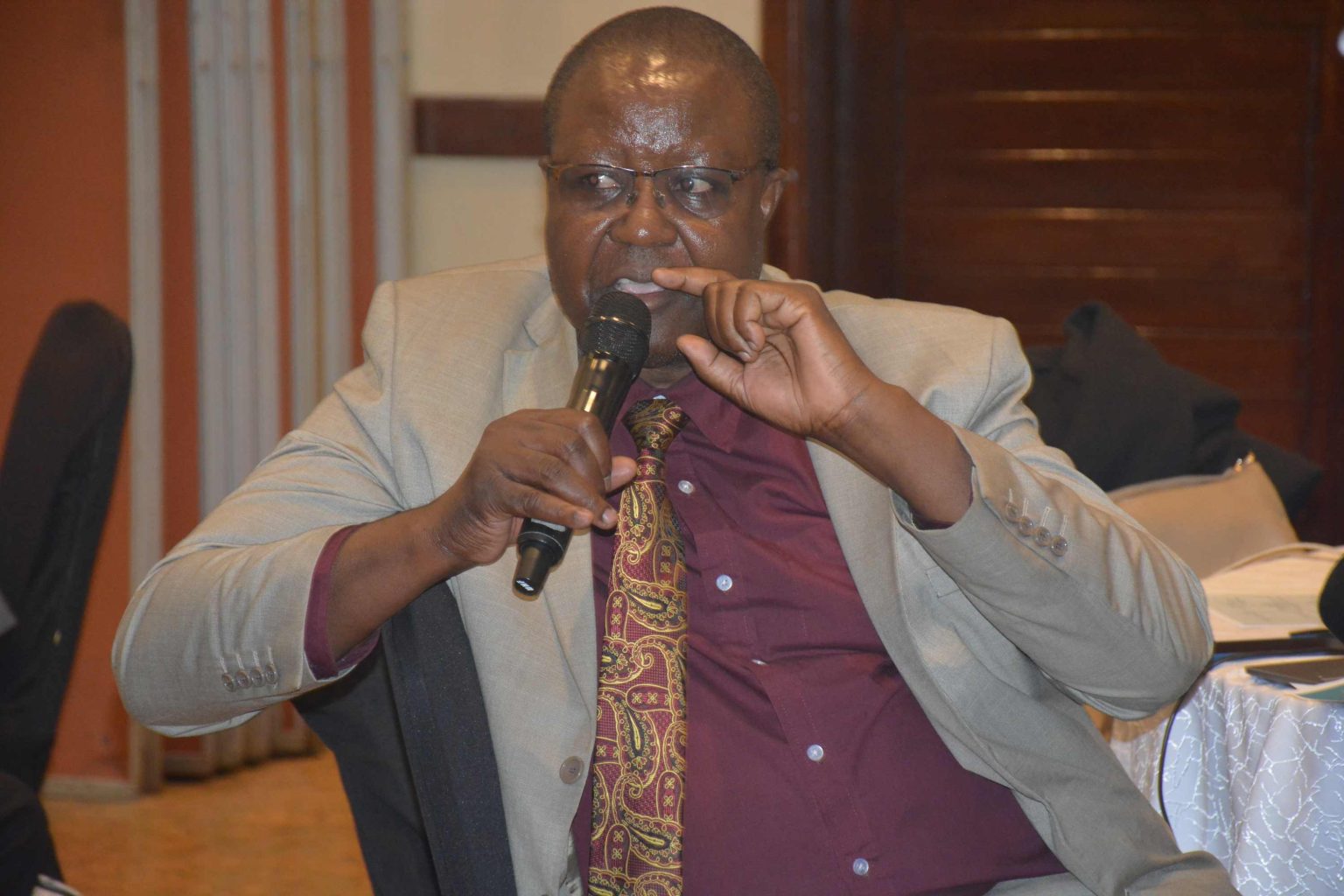The United Nations Environment Programme (UNEP) and
Stockholm Environment Institute (SEI) have taken a leading role in hosting a
regional Early Warning Framework aimed at bolstering resilience against climate
shocks in Eastern Africa.
The framework, developed in collaboration with the
Intergovernmental Authority on Development (IGAD) and its specialised agency,
the IGAD Climate Prediction and Applications Centre (ICPAC), seeks to enhance
preparedness and response to climate-related disasters across the Horn of Africa.
Speaking at the Science-Policy Practitioner Dialogue in Nairobi, Climate Services User Engagement Expert at ICPAC Calistus Wachana stressed the urgency of building robust early warning systems.
“We envision a resilient region that can better anticipate
and manage the risks arising from climate variability and change,” Wachara said.
The plan builds on the Global Framework for Climate
Services (GFCS), endorsed at the Third World Climate Conference in 2009, which
promotes the integration of science-based climate information into planning and decision-making.
UNEP and SEI’s support has enabled the cascading of the
global initiative into Regional and National Frameworks for Climate Services
(RFCS and NFCS). ICPAC, designated as a WMO Regional Climate Centre in 2017, plays
a pivotal role in implementing the framework.
It serves more than 300 million people in 11 countries, providing climate monitoring, forecasting, and sector-specific applications to
support agriculture, water management, health, energy, and disaster risk
reduction.
“Effective early warning requires strong coordination
between global, regional, and national institutions. This includes harmonising
early warning systems and ensuring consistent, quality climate services from
global down to local levels,” Wachana said.
The Regional Framework’s strategic objectives include
establishing governance and operational structures, supporting member states to
implement national frameworks, strengthening research and innovation in climate
services, and enhancing data access and usability.
A key component is the Climate Services Information System
(CSIS), described as “the operational backbone” for generating, processing, and
disseminating climate data.
“This framework is an entry point for new products and
services that can save lives and protect livelihoods. Climate services are no
longer optional. They are essential for prosperity in the Greater Horn of
Africa,” Wachana said.
As implementation progresses, UNEP, SEI, and ICPAC are
working to ensure that climate information is not only accurate but also
user-driven and accessible to decision makers at all levels.
With emissions from traffic, industries, waste burning, and
informal settlements blanketing the city in toxic air, experts now warn that
air pollution has become one of the greatest threats to urban health and
survival.
On Monday, top scientists, policymakers, and community
leaders gathered in Nairobi for a major wake-up call.
The full-day Science-Policy Practitioner Dialogue, hosted by
UNEP and SEI, laid bare the deadly link between air quality, climate change,
and Nairobi’s vulnerability.
“We’re living in a silent emergency. Poor air quality is
making our people sick, and we’re not warning them in time. This isn’t just
about data, it’s about lives,” UNEP’s Robert Wabunoha said.
Nairobi’s air is laced with dangerous pollutants like PM2.5,
PM10, CO2, and carbon monoxide. These invisible particles penetrate deep into
the lungs and bloodstream, increasing the risk of asthma, heart disease, and
premature death.
The problem is widespread from schools and hospitals to
residential estates and industrial zones.
SEI and UNEP have installed over 40 air quality sensors
across the city. The experts said Kenya’s early warning systems largely ignore
air pollution, even though it is killing more people than floods or droughts.
The dialogue called for air pollution to be formally
recognised as a climate and disaster risk, integrated into the national early
warning framework under the “Early Warnings for All” initiative.
